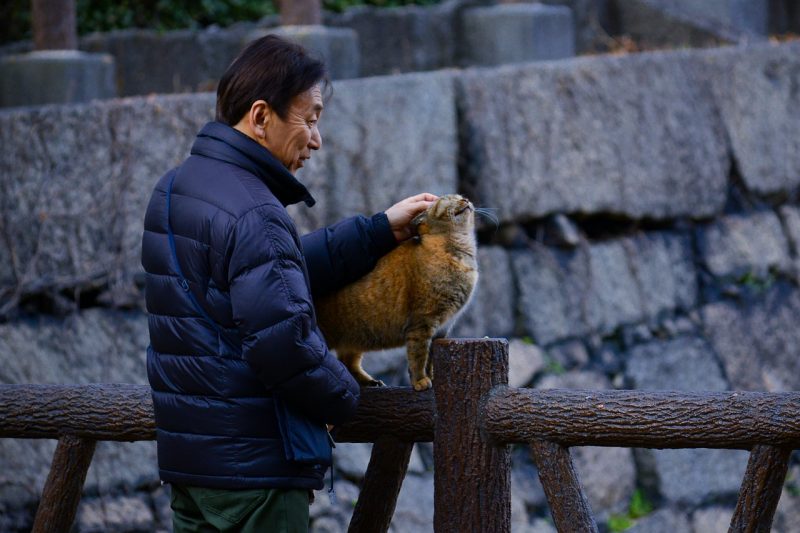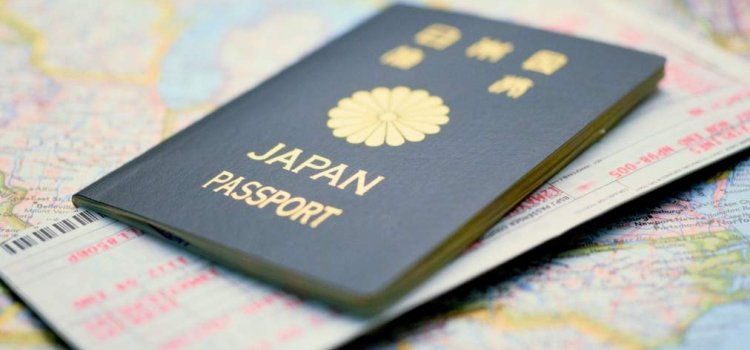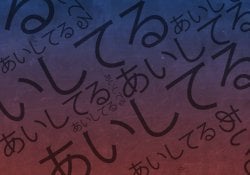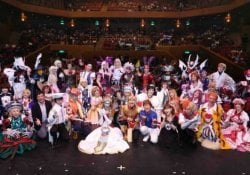Do you know what it really means issei, nissei, sansei, yonsei and nikkei? What is the origin of these words? What is the correct way to write and use them? In this article, we will do a complete analysis on the words issei, nissei, sansei and yonsei that represent the generations of Japanese abroad and in Japan.
The first thing you should know is that these terms nissei, sansei and yonsei are mostly used outside Japan, in the Americas to specify children born in a new country who are children of Japanese people. Already issei refers to the Japanese who immigrate to another country and nikkei encompasses all other terms cited.
Children who are born outside of Japan or who have a parent of descendant or foreign nationality no longer fit into the Issei category. Brazil is home to the largest Japanese population outside of Japan, which exceeds 1.5 million, so it is understandable that most people have heard these expressions used to refer to generations of Japanese immigrants.
Índice de Conteúdo
The meaning of Issei, Nissei, Sansei and Yonsei
These four words are nothing more than a numerical count to define generations of Japanese descendants. Any student of Japanese must have noticed the use of these words and remembered that they are simply counting. Let's see them all below:
| Romanization | Japanese | Meaning |
| Nikkei | 日系 | immigrants and descendants |
| Issei | 一世 | japanese immigrants |
| Nisei / Nisei | 二世 | Second Generation (children) |
| Sansei | 三世 | Third Generation (grandchildren) |
| Yonsei | 四世 | Fourth Generation (great-grandchildren) |
| enjoyed | 五世 | Fifth Generation (great grandchildren) |
The generations of Japanese immigrants are defined with a number followed by the character [世] which can mean generation, society, world and public. In Japan this same counting system can be used for other nationalities like Korean, also for kings, monarchs and other positions. It can be used for any type of generation and age.
although we write nisei [二世], it is worth remembering that the correct romanization is nisei [にっせい], there is no extension of the phoneme [S] in this word, if you try to write nissei on a Japanese keyboard you will not be able to type [二世]. It was probably just an adaptation to Portuguese. Already issei [一世] is correct and actually has the [S] extension.
The Nikkei word [日系] is the junction of the ideogram of sun, day and Japan [日] with the ideogram of lineage and sisema [系].
Nikkei cultural and historical situations
Sometimes Nikkei use the term isei, nissei, sansei and yonsei more to culturally categorize immigrants. This is because there are huge differences in the culture of each individual according to the generation to which he belongs. Most Yosei and Gosei do not know the language and culture, while many Nisei speak Japanese and know the customs and religion.
Is the use of these terms to separate immigrants by their cultures correct? There are different situations involving all generations of immigrants that can differentiate and confuse their generation count arriving at the pun "I don't know". For example:
- A pure Japanese couple who have children abroad, is he Issei or Nisei?
- A Nisei couple return to Japan and have children in Japan, are they sansei?
- Is a grandson of pure Japanese with Japanese nationality sansei?
- Is a yonsei born and raised in Japan really a yonsei?
If we think a little, it's easy to get an answer. The point we want to make is that different situations can exist, maybe a yonsei son has Japanese nationality and was raised in Japan, would this yonsei's son be a gosei even having all the culture and ease of a nissei to obtain a nationality? These are tricky questions!
Also because they won't ask for any specific document written yonsei, nisei, sansei or other titles used to refer to the nikkei. What the consular service asks for a visa or nationality are documents from your parents, grandparents, great-grandparents and other family records to prove your connection to Japan.
Perhaps this is one of the reasons this term is used most often by immigrants outside Japan, and to tell the story and culture. What do you think about the terms nikkei, issei, nissei, sansei and yonsei? Did you like this little article? We appreciate the comments and shares!








